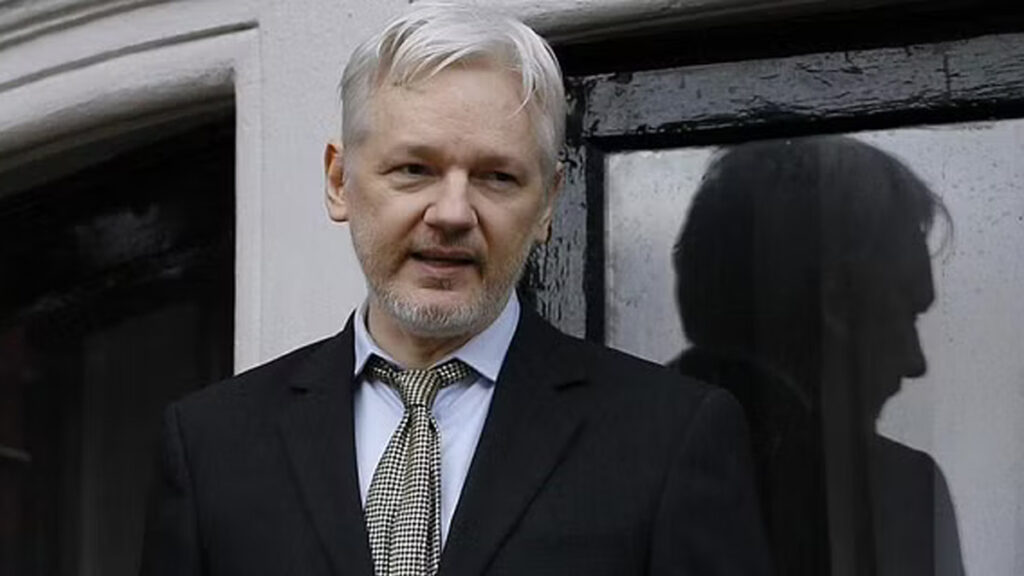
U.K. government approves extradition of Julian Assange to U.S., Wikileaks says he will appeal
The British government has ordered the extradition of the founder of Wikileaks Julian Assange to the United States to face the accusations of the eyes. Wikileaks had responded, said that Mr. Assange would file an extradition appeal.
Domestic Secretary Priti Patel signed an extradition order on Friday, his department said. This followed the British court decision in April that Mr. Assange can be sent to U. S.
Today is not the end of the battle. This is only the beginning of the new legal battle. We will appeal through the legal system, “said a statement about the Twitter account Wikileaks.
Home Office said in a statement that “the U. K. Court has not found that it will oppress, unfair or abuse of the process to extract Mr. Assange.”
They also did not find that extradition would not be compatible with human rights, including their rights over a just trial and freedom of expression, and that while in the US he would be treated appropriately, including in connection with his health.”
This decision is a big moment in the battle of Mr. Assange for years to avoid trials in the US-even though it is not necessarily the end of the story. Mr. Assange has 14 days to appeal.
A British judge approved the extradition in April, submitting the final decision to the government. The verdict occurred after the legal battle that entered far into the Supreme Court U. K …
The US has asked British authority to extradit Mr. Assange so that he can be tried on 17 accusations of espionage and one accusation of computer abuse of Wikileaks publication of many secret documents more than a decade ago. The American prosecutor said Julian Assange illegally helped the Army Intelligence Analyst A. Chelsea Manning stole diplomatic cables and military files classified which were then published by Wikileaks, placed lives in risk.
Supporters and lawyers for Julian Assange, 50, argued that he acted as a journalist and was entitled to the protection of the first amendment of freedom of speech to issue documents that exposed US military mistakes in Iraq and Afghanistan. They argue that the case is politically motivated.

